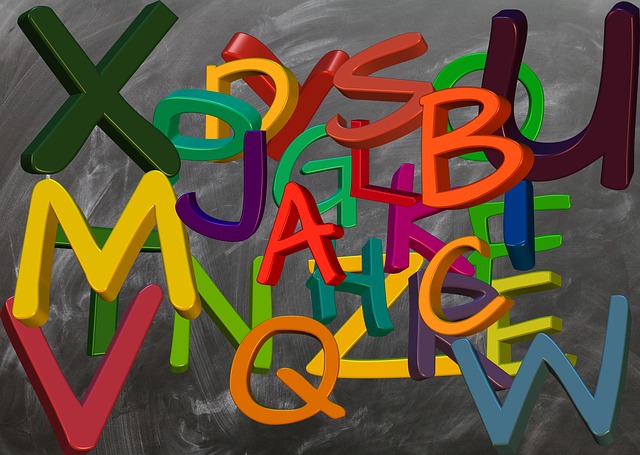
We work really hard with young people and their families on understanding themselves. For me, this is an essential element of our work in preparing students for adulthood and the challenges they’ll face post-16.
Lois Brown is aged sixteen and her personal journey is a powerful story.
At the recent Reading Celebration Event, Lois gave the keynote speech to Year 5 and 6 students from our primary schools and our Year 7s, along with their parents and carers.
Here is the text from her speech, which requires no further explanation:
'I am dyslexic. I am autistic. I am a reader.
For me the world has always been a confusing place, people never made sense to me the world that everyone lives in is frankly terrifying to me. It’s just a mass of noise, light, people - none of it makes sense.
I know that I see the world differently I think in smells, colours and sounds. I have a great memory of sounds and what people say to me and i think that’s where my love for reading started.
I always found my comfort in stories my parents and grandparents would always read to me.
'Reading is the way I can understand a world that is confusing and scary.'
As an autistic child I had books that I wanted read to me again and again, I could recite books off by heart at the age of 5.
I always loved books in an abstract sense. I loved stories, and they helped me understand the world around me. But I couldn’t read any stories and it was the most frustrating thing for me to go through.
I wanted to read more than anything in the world but just couldn’t. The words would move around the page and the letters would jumble up.
I couldn’t spell either. I still can’t really.
Teachers would always tell my parents how well I could analyse stories at a level other children my age couldn’t, but it didn’t translate in my written work.
From then on I had daily sessions with a teacher who helped which was my primary school. She helped me learn to read and how to spell.
It took a few years but I started to get the hang of it, then I began to read and I was unstoppable. I was reading at least three books a week.
I began to read books that were complex. I read Anna Karenina in Year 6; from then on I read more and more. Now I’ve read everything written by George Orwell, Edgar Allan Poe and J.G Ballard.'
Following Dyslexia Awareness Week, help your pupils to flourish with our set of activities.
'As an autistic dyslexic I don’t read like everyone else. I read by understanding patterns of letters rather than the whole word which means I can read faster than the average people.
Reading is the way I can understand a world that is confusing and scary. For me the only way I know how people who aren’t like me think is through books.
I honestly think that if i wasn’t a reader I wouldn’t be able to function in the world that seems so strange to me.
I may be autistic and dyslexic but I’m still the same as everybody here tonight. I may have taken longer to read then other children however it doesn’t mean I am less of a person it proves that if I can do it then anyone with the same problems as I can do it too. I am living proof of that and more importantly proof of the power of reading.'
If you're looking to master, or simply re-think SEND assessment in your school, then why not download our free toolkit?
This selection of case studies, assessment models and in-house training modules has everything you need to achieve SEND assessment basics.